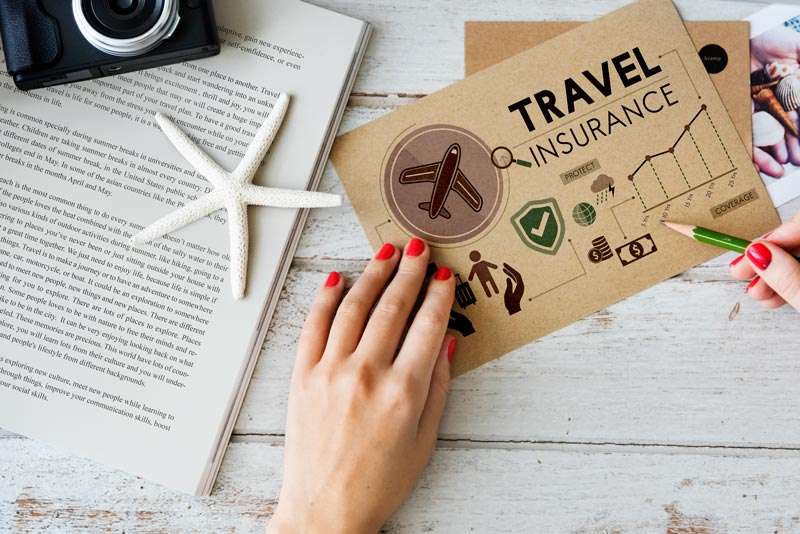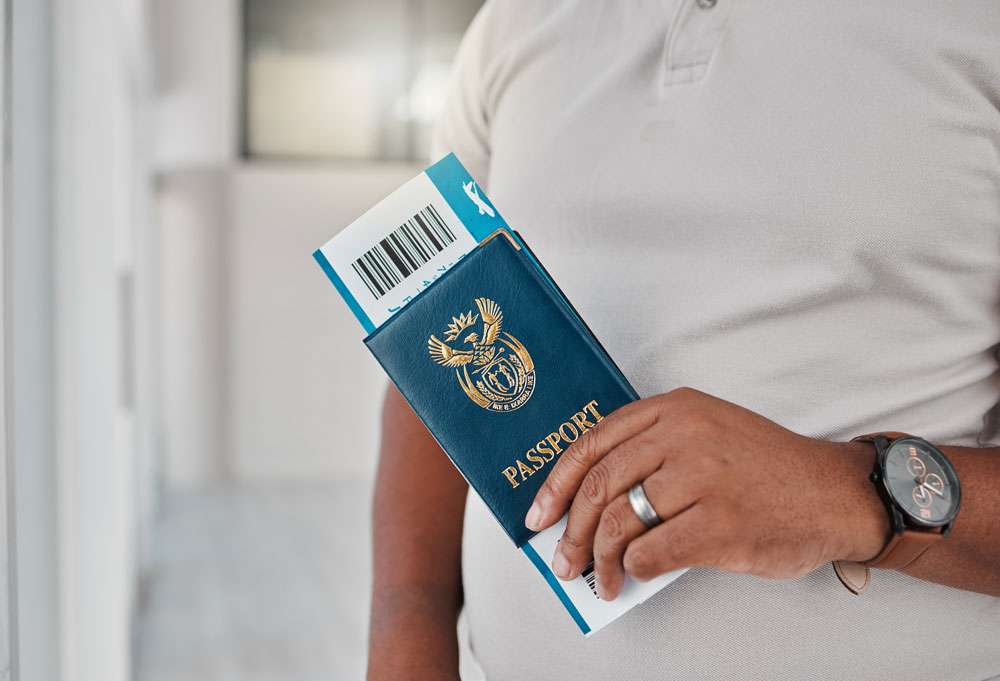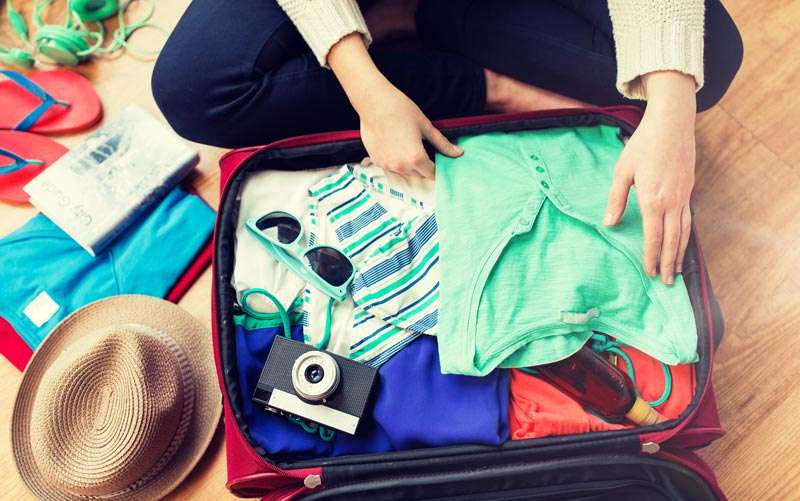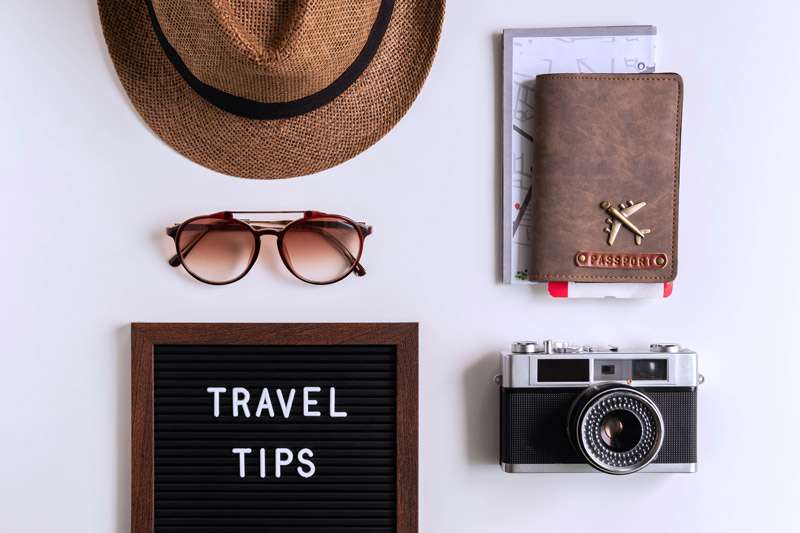Traveling for the first time can be an exhilarating yet nerve-wracking experience. The excitement of exploring new places, immersing oneself in different cultures, and creating unforgettable memories can be balanced with the uncertainties and challenges that come with stepping out of one’s comfort zone. To make the most out of your first travel adventure, it’s essential to be well-prepared and equipped with the right knowledge. In this article, we’ll delve into a comprehensive guide of the most useful tips for first-time travelers, covering everything from planning and packing to safety and cultural sensitivity.
Things You Need to Travel
When preparing for a trip, whether it’s a short getaway or an extended international adventure, there are several essential items you should consider packing to ensure a smooth and comfortable journey. Here’s a comprehensive list of things you need to travel:
1. Travel Documents:
Passport: Checking passport validity is very crucial. Thus, you should make sure that it remains valid for the next 6 months.
Visa(s): If required for your destination.
Travel Insurance: Essential for medical emergencies, trip cancellations, and lost belongings.
Flight Tickets/Boarding Passes: Both physical and digital copies.
ID: Driver’s license, national ID card, or any other relevant identification.
Hotel and Itinerary Information: Including confirmation numbers and addresses.
Emergency Contacts: Family, friends, local embassy/consulate, and travel agency contacts.
2. Money and Financial Essentials:
Currency: Local currency of your destination and some US dollars or euros for emergencies.
Credit/Debit Cards: Notify your bank about your travel dates to prevent card issues.
ATM Cards: To withdraw local currency when needed.
Travel Wallet or Money Belt: For secure storage of cash and cards.
3. Health and Safety
Basic First Aid Kit: Including bandages, antiseptic wipes, pain relievers, etc.
Personal Medications: Over-the-counter medications you commonly use.
Travel Insurance Documents: Policy details and emergency contact numbers.
Health and Vaccination Records: If required by your destination.
Emergency Contacts: List of local emergency numbers and your embassy/consulate.
4. Personal Items:
Clothing: Depending on the weather and activities, pack a mix of comfortable clothing.
Toiletries: Toothbrush, toothpaste, shampoo, soap, etc. (Consider travel-sized items).
Sunscreen and Insect Repellent: Protection from the sun and insects.
Sunglasses and Hat: Shield your eyes and face from the sun.
Rain Gear: Umbrella or rain jacket, depending on the weather.
Electronics: Phone, charger, camera, adapter plugs, power bank.
Entertainment: Books, e-books, magazines, games, or other forms of entertainment for downtime.
Earplugs/Noise-Canceling Headphones: To block out noise while traveling or sleeping.
5. Miscellaneous:
Travel Backpack or Suitcase: Choose one that suits your travel style and needs.
Daypack or Purse: For carrying essentials during daily activities.
Snacks: Trail mix, energy bars, or other non-perishable snacks for when hunger strikes.
Ziplock Bags: Useful for storing snacks, organizing items, and keeping liquids from leaking.
Travel Pillow and Blanket: For added comfort during flights or long journeys.
Travel Adapters/Converters: Ensure your electronics can be used in different outlets.
Top Tips for Travelling
1. Choose Your Destination Thoughtfully
When selecting your destination, consider factors such as your interests, budget, and comfort level. Opt for a place that aligns with your preferences and offers a blend of familiar and novel experiences. For your first trip, you might want to start with a destination that’s relatively easy to navigate and has a well-established tourist infrastructure.
2. Research and Plan Ahead
Thoroughly Planning is key to a successful trip. Research your chosen destination extensively.. Understand the local customs, culture, language, and any travel advisories that might be in place. This knowledge will not only enhance your experience but also ensure you’re well-prepared for any challenges that might arise. Create a rough itinerary that outlines the places you want to visit, activities you’d like to do, and the duration of your stay in each location. However, remain flexible, as over planning can lead to disappointment if things don’t go as expected.
3. Pack Wisely
Packing is a crucial aspect of travel that can significantly impact your comfort and convenience. Begin by making a list of essentials such as clothing, toiletries, and any medications you might need. Remember that many destinations have laundry facilities, so you don’t need to pack excessive clothing. Invest in a good quality, lightweight suitcase or backpack that suits your travel style. Don’t forget to pack important documents such as your passport, visa, travel insurance, and any necessary identification.
4. Travel Insurance is a Must
Travel insurance might seem like an unnecessary expense, but it’s a crucial safety net that can protect you from unexpected medical emergencies, trip cancellations, lost belongings, and more. Choose a policy that aligns with your travel plans and provides adequate coverage.

5. Stay Health-Conscious
Prioritize your health before, during, and after your trip. Consult your doctor before traveling to ensure you’re up-to-date on vaccinations and have any necessary medications. Carry a basic first aid kit, including items like bandages, pain relievers, antiseptic wipes, and any prescription medications. Stay hydrated, eat balanced meals, and be cautious about the water and food you consume, especially in regions with different hygiene standards. Research local health facilities at your destination in case you require medical assistance.
6. Stay Safe
Safety should be a top priority when traveling, especially in unfamiliar places. Avoid displaying valuable items like expensive jewelry or electronics that might attract unwanted attention. Carry a photocopy of your important documents and store them separately from the originals.
7. Cultural Sensitivity and Respect
What might be acceptable in one culture could be considered disrespectful in another. So, learn a few basic phrases in the local language, such as greetings and simple questions; locals appreciate the effort. Dress modestly if you’re unsure about the local dress code. Always ask for permission before taking photos of people, especially in more conservative societies.
8. Money Matters
Notify your bank of your travel plans to avoid your credit/debit cards being flagged for suspicious activity. Familiarize yourself with the local currency and exchange rates to avoid being shortchanged. Be cautious when using ATMs, and try to use those located in secure areas like banks or hotels. Consider carrying a hidden money belt to keep your valuables safe.
9. Stay Connected
Research local SIM card options for data and calls, or consider getting an international roaming plan from your home country. Additionally, download maps, translation apps, and travel guides to your smartphone before you leave. Having these resources readily available can be a lifesaver in unfamiliar places.
10. Immerse Yourself and Stay Open-Minded
Traveling is an opportunity to broaden your horizons and experience new things. Engage with locals, try the local cuisine, and participate in cultural activities. Be open to stepping out of your comfort zone and embracing the unexpected.

11. Capture Memories, But Live in the Moment
While documenting your journey through photos and videos is important, remember to balance this with being present in the moment. Sometimes, the best memories are those that aren’t captured on camera but are etched in your heart.
International Travel Tips
International travel offers a world of opportunities to explore diverse cultures, cuisines, landscapes, and experiences. Stepping beyond the borders of your home country can be an exciting and transformative experience, but it also comes with its own set of challenges. Whether you’re a seasoned traveler or embarking on your first international adventure, these essential tips will help you navigate the intricacies of global exploration and ensure a smooth and enriching journey.
1. Passport and Visa Essentials
Check your visa validity and make sure it will remain valid for at least next six months. Research the visa requirements for your destination and apply well in advance. Some countries offer visa-free or visa-on-arrival options for certain nationalities, while others require meticulous documentation and a longer processing time.

2. Research Your Destination Thoroughly
Invest time in researching your destination. Familiarize yourself with the local customs, traditions, laws, and culture. Understanding basic phrases in the local language can go a long way in fostering positive interactions and demonstrating respect for the local culture.
3. Currency and Money Matters
Inform your bank of your travel dates to avoid any disruptions with your credit or debit cards. Familiarize yourself with the local currency, exchange rates, and available ATMs. Carry a mix of cash and cards, and consider a money belt or pouch to keep your valuables secure.

4. Staying Connected
Staying connected is essential for communication, navigation, and accessing information. Research local SIM card options for data and calls, or consider an international roaming plan from your home country’s provider. Download offline maps and essential travel apps in advance.
5. Packing Smartly
Pack light, prioritizing versatile clothing items that can be layered for various weather conditions. Pack essential toiletries, but remember that many items can be purchased locally. A well-organized packing strategy can make your journey more comfortable.

6. Cultural Sensitivity
Respect for local customs and traditions is crucial. Research appropriate dress codes and behaviors, especially in conservative or religiously significant areas. Ask for permission before taking photos of people or sacred sites, and be considerate of local sensitivities.
7. Adapting to Time Zones
Jet lag can impact your initial days abroad. So, adjust your sleep schedule before departure and try to align your activities with the local time zone as soon as you arrive.
8. Embrace the Local Experience
Immerse yourself in the local culture by trying traditional foods, engaging with locals, and participating in cultural activities. Seek out off-the-beaten-path experiences to gain a deeper understanding of your destination.
9. Stay Hydrated and Well-Nourished
Long flights and changing climates can affect your body. Stay hydrated by drinking plenty of water and avoiding excessive caffeine and alcohol. Prioritize balanced meals to maintain your energy levels during your journey.

10. Keep Important Documents Secure
Make photocopies or digital scans of important documents such as your passport, visa, travel insurance, and itinerary. Store these separately from the originals, ideally in a digital cloud storage account or an email draft.
11. Plan for Communication Challenges
Language barriers can be overcome with gestures, basic phrases, translation apps, and a positive attitude. Locals appreciate the effort, and simple communication can lead to meaningful interactions.
12. Local Transportation and Navigation
Research local transportation options such as public transit, taxis, and rideshares. Download offline maps and navigation apps to help you get around.
13. Stay Flexible and Patient
Travel can sometimes bring unexpected changes and delays. Approach these situations with patience and a flexible mindset. Being adaptable will help you navigate challenges more smoothly.
In conclusion, embarking on your first travel adventure is an exciting milestone that comes with its share of challenges and learning experiences. By researching and planning ahead, packing wisely, prioritizing health and safety, respecting local cultures, and staying open-minded, you can ensure that your first-time travel is a fulfilling and enriching journey that you’ll cherish for years to come. So, embrace the unknown and get ready to create memories that will last a lifetime!

0 Comments